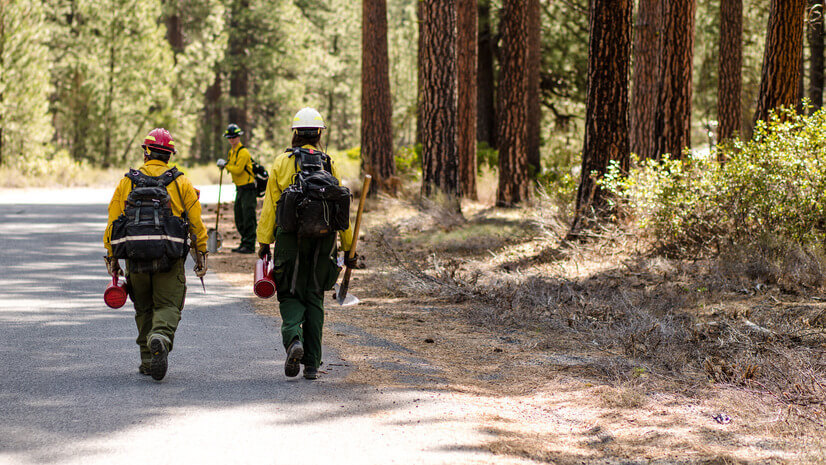It’s winter here in the northern hemisphere, which means public works staff in agencies all over are battling winter weather. The number of winter weather events and the cost of snow and ice removal has been increasing. Stricter environmental regulations, greater public expectations, and shrinking budgets are just some of the factors impacting public works organizations.
Winter weather events have a major impact on the safety of our roadways. Communities depend on efficient winter weather operations to keep roads safe and traffic flowing. State and local agencies spend more than $2.3 billion on snow and ice control operations annually. This is just another example of how public works is a spatial discipline, which means you need to take the geographic approach to this battle, and GIS is the weapon of choice.
GIS provides the ability to manage location-based winter weather operations in real-time including tracking crews and equipment in the field. It integrates with other technologies and allows for public engagement, open data, and transparency. Taking the geographic approach results in better decision-making. Here are some examples of smart communities battling winter weather with the geographic approach.
New York City, New York
For cities that receive significant snow, removing it from streets in a consistent and timely manner is important to the safety of residents and the economic well-being of businesses. The City of New York employs GIS and live feeds to provide near real-time situational awareness to manage snow removal activities.

New Haven, Connecticut
New Haven, CT has deployed a Snow Hub to provide public access to all information and apps available to help the public make better winter weather travel decisions. This site includes:
- A near real-time plow tracking map app that includes links to live traffic cameras
- A find snow emergency parking app
- A weather dashboard

Syracuse, New York
One of the snowiest cities in the United States, Syracuse, NY, has deployed several tools, both internally, and for the public to battle snow and ice. The real-time plow tracking app available to the public includes the time each road was last plowed, along with the location of illegally parked cars that prevent plowing. They are also working on expanding the apps to cover sidewalk clearing operations.
Whether it’s battling winter weather, post-storm debris, responding to emergencies, or just completing daily fieldwork, GIS allows public works organizations to utilize the geographic approach for more effective, real-time operations.
Here is more information on winter weather solutions. Stay warm and safe out there!

